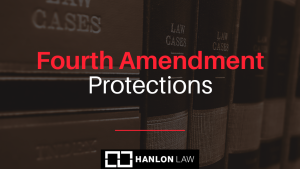In Florida, crimes are classified by degrees, with life felonies carrying the most significant penalties. It is critical that the courts classify criminal offenses accurately because if they fail to do so, it can result in improperly enhanced sentences. The impact of an inaccurate crime classification was demonstrated in an opinion recently delivered by a Florida court in which the court found that the defendant was entitled to an appeal after he was sentenced for a life felony when he was convicted of attempted first-degree murder, which is a first-degree felony. If you are charged with a violent offense, it is critical to retain a Tampa violent crime defense attorney who will fight to protect your interests.
Facts of the Case
Allegedly, the defendant shot his girlfriend in front of multiple witnesses. In an attempt to hide the shooting, he hired a third party to murder the witnesses, one of whom lived. The defendant was then charged with one count of attempted first-degree murder with a weapon and two counts of first-degree murder with a weapon. The jury convicted him of attempted first-degree murder with a weapon as a principal due to the actions committed by his co-defendant.
It is reported that the jury did not issue a specific finding that the defendant used, displayed, or threatened to use a gun during the commission of the crime, however. Under Florida law, first-degree murder is a first-degree felony, but the trial court entered a judgment listing the offense as a life felony. The defendant then filed a petition for habeas corpus review, arguing that the court incorrectly enhanced his sentence. Continue Reading ›
 Tampa Criminal Lawyer Blog
Tampa Criminal Lawyer Blog



